The tech news website Android Authority broke the news that Google is working on an “unprecedented” shift with the arrival of Android 17 because of its recent agreement with the developer of the popular app store, Epic Games. According to an article on the news site IT Home, the upcoming change will implement the service “Registered App Stores,” marking the “industry standard” to revamp the way the Google Play store relates to other apps. This service is scheduled to appear with the upcoming Android 17 OS, probably toward the end of 2026, but will be in effect until June 2032.
Registered Application Stores & One Click Install
The future system will enable one-click installation of apps by accredited third-party app stores from their official websites. When installing an app, the system will provide the neutral “Single Store Installation Screen” instead of the conventional alert screen, providing users with the same smooth installation process provided by Google Play.
This will also give these app stores the installation permission (INSTALL_PACKAGES) by default, which will reduce barriers to entry for users and developers significantly. Such policies may also bring more competitors to the current innovation in the Android app store market.
For users of Xiaomi smartphones, these developments could mean the following: Easier integration of alternative app markets on smartphones running on HyperOS.
Google’s New Rules & Developers’ Rights
To promote fair competition, the settlement outlines several restrictions on Google’s future actions:
- Google cannot prevent OEMs or carriers from pre-installing third-party app stores on their mobile device products, at least for the first three years.”
- The firm is prohibited from having exlusive revenue-sharing agreements with other firms, like Samsung, to limit other app stores.
- There will be *free operation of third-party stores on the Google platform until 2032 without any download charges.
- All these steps are part of the efforts made by Google to encourage transparency and prevent any anti-competitive practices in the Android environment.
New Payment Commission Policy
Among the most significant changes is the “in-app payment policy” issued by Google itself. Under the change, “Developers will be able to provide alternative payment solutions, such as links to other websites or the use of other payment providers, in addition to Google Play Billing.”
However, Google will also charge the service fee:
- Up to 20% for in-game purchases
- Up to 9% for subscription payments, payments other than games,
This structure will be operative from, no later than, March 31, 2026. Although there are commissions to be paid, the flexibility of payments on multiple platforms is indeed an encouraging step towards an open Android platform.
The Future of Android 17 & Verification by Developers
Despite these changes, the verification requirement for developers is still required, meaning that the unfettered side-loading will be eliminated from the future versions of the Android system. However, many believe that the Android 17 policies will contribute to the creation of the healthiest marketplace, taking into consideration the needs of the entire community, starting from the developers to the users.
With the impending arrival of Android 17, perhaps the push will also instigate the adoption of flexibility in its application ecosystem by HyperOS 3 and beyond, an ideal integration with the innovation networked by Xiaomi.


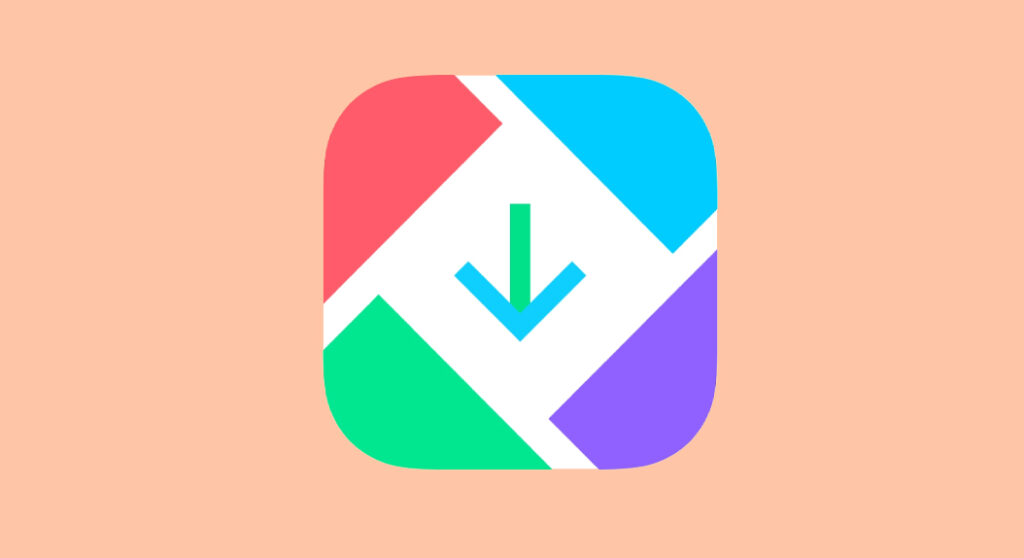
 Emir Bardakçı
Emir Bardakçı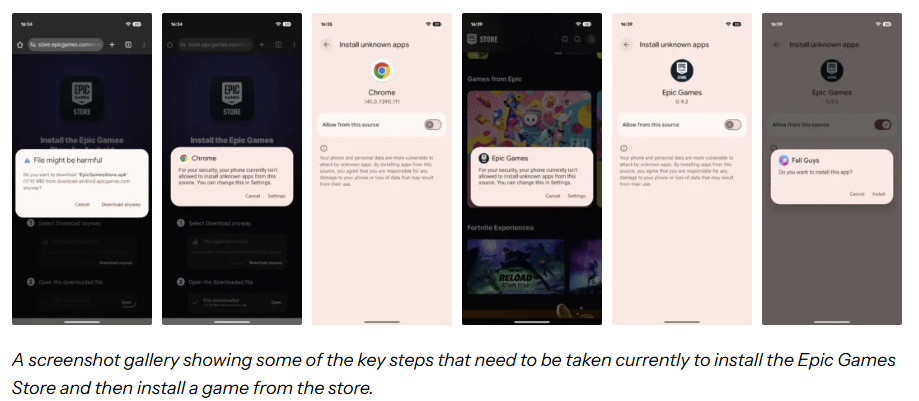
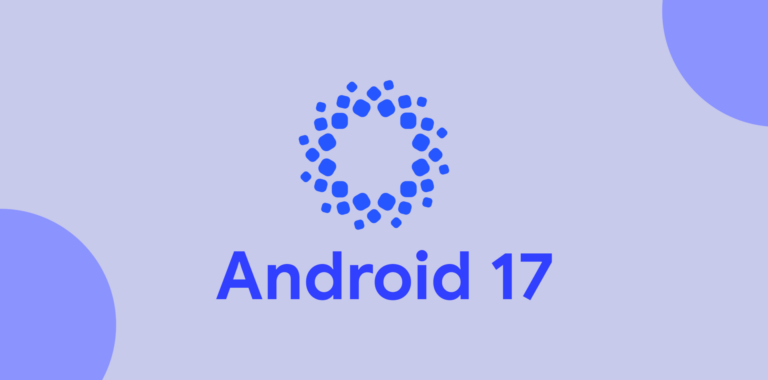
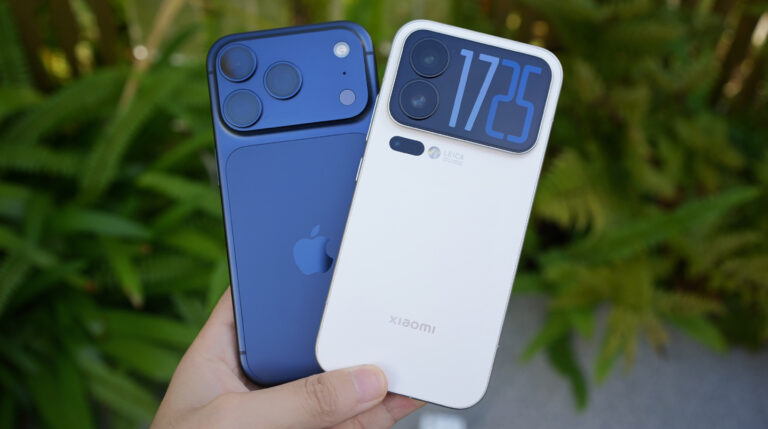
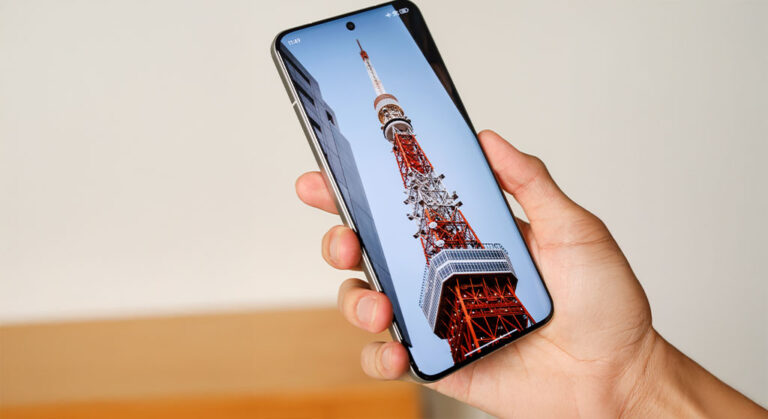
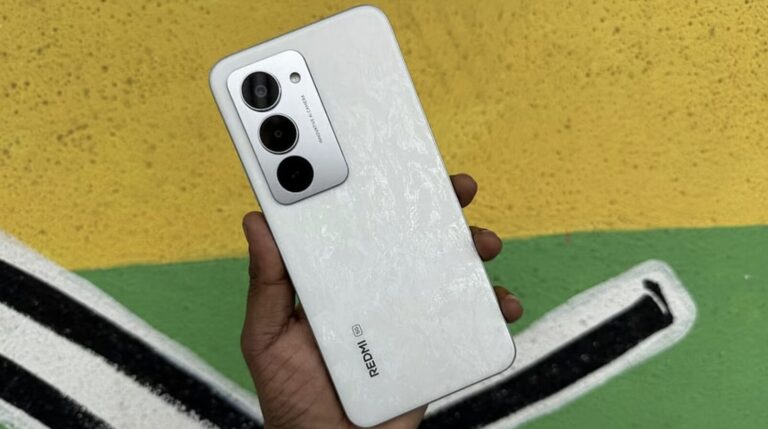
fuck Google they only doing this because of YouTube revanced not user safety